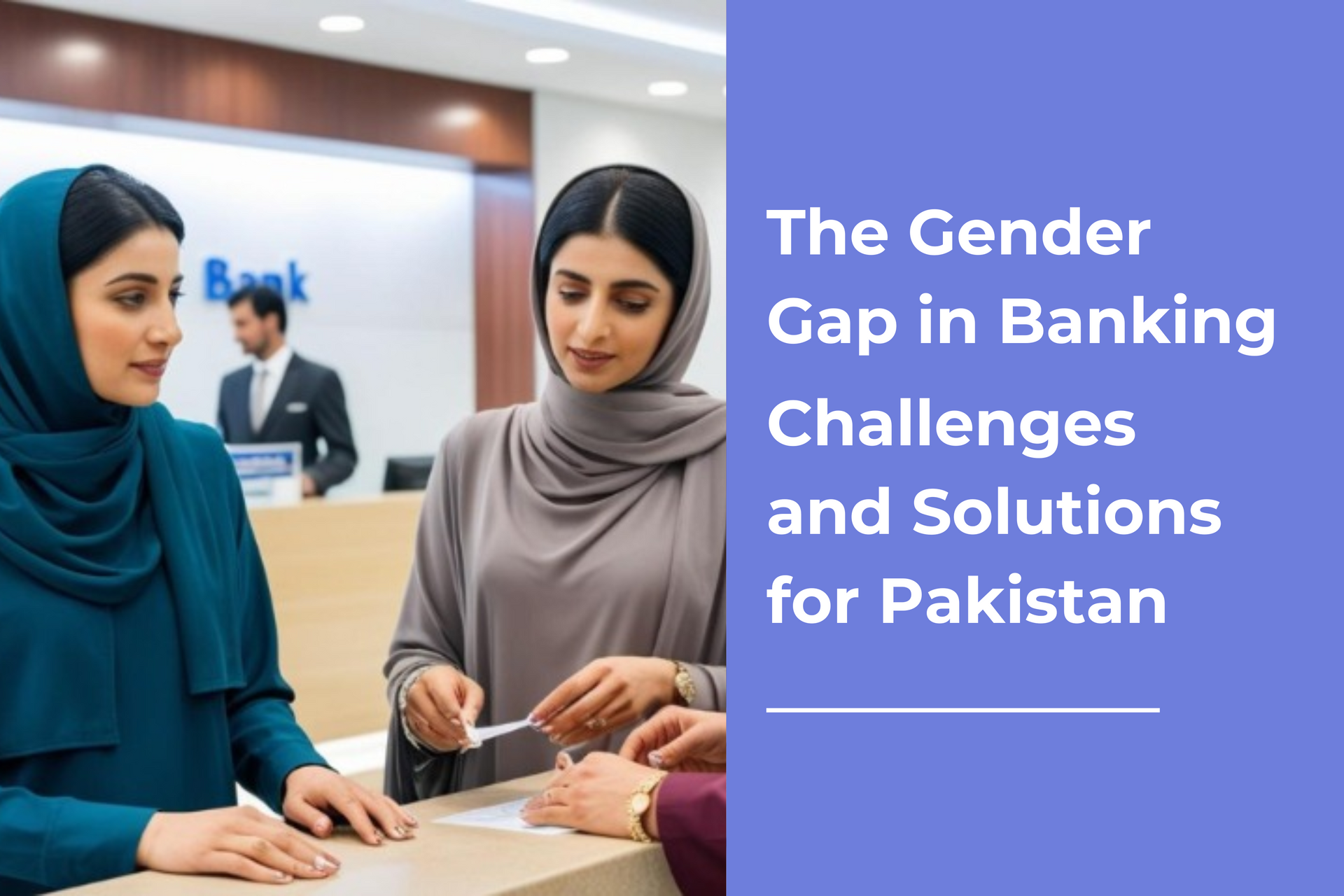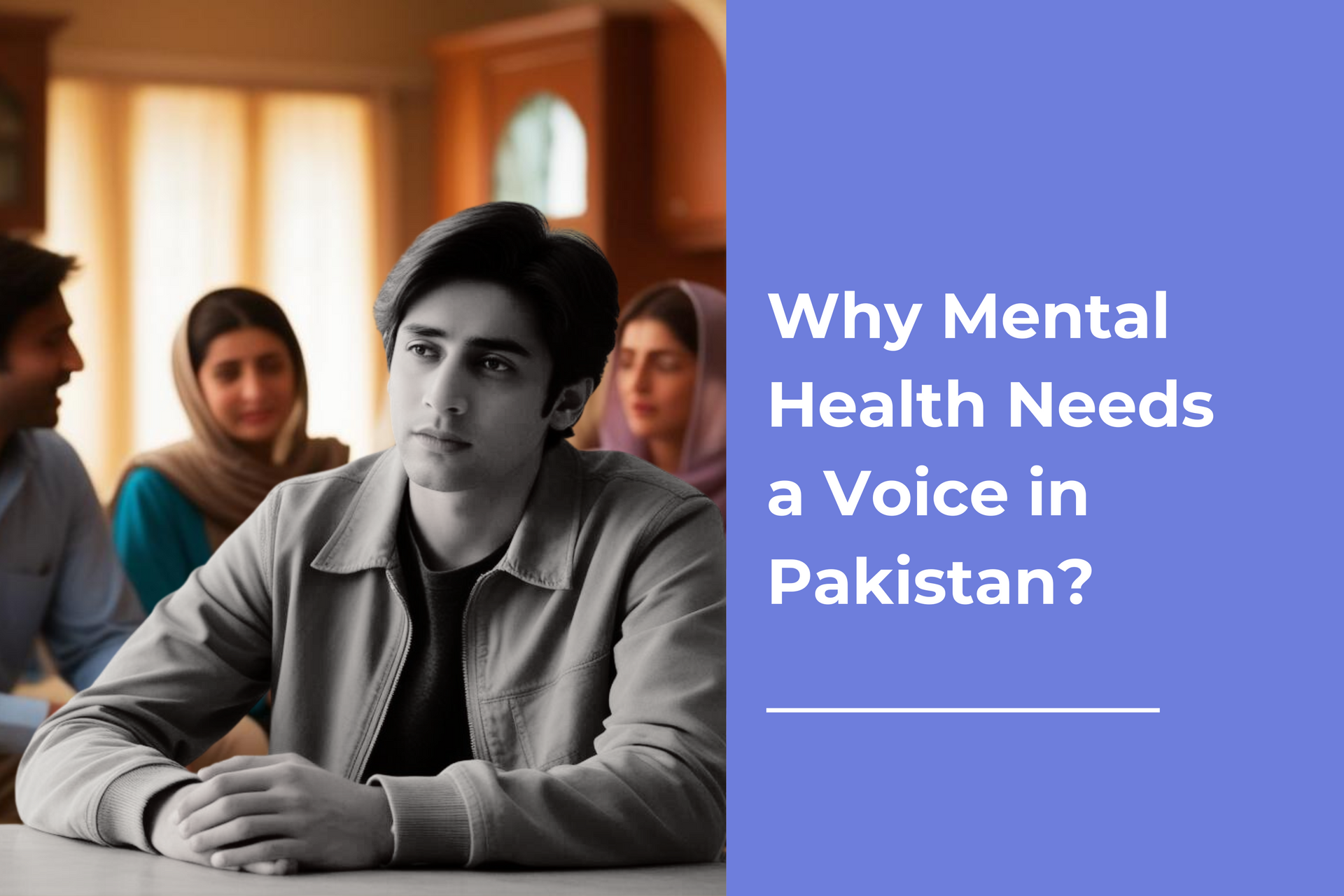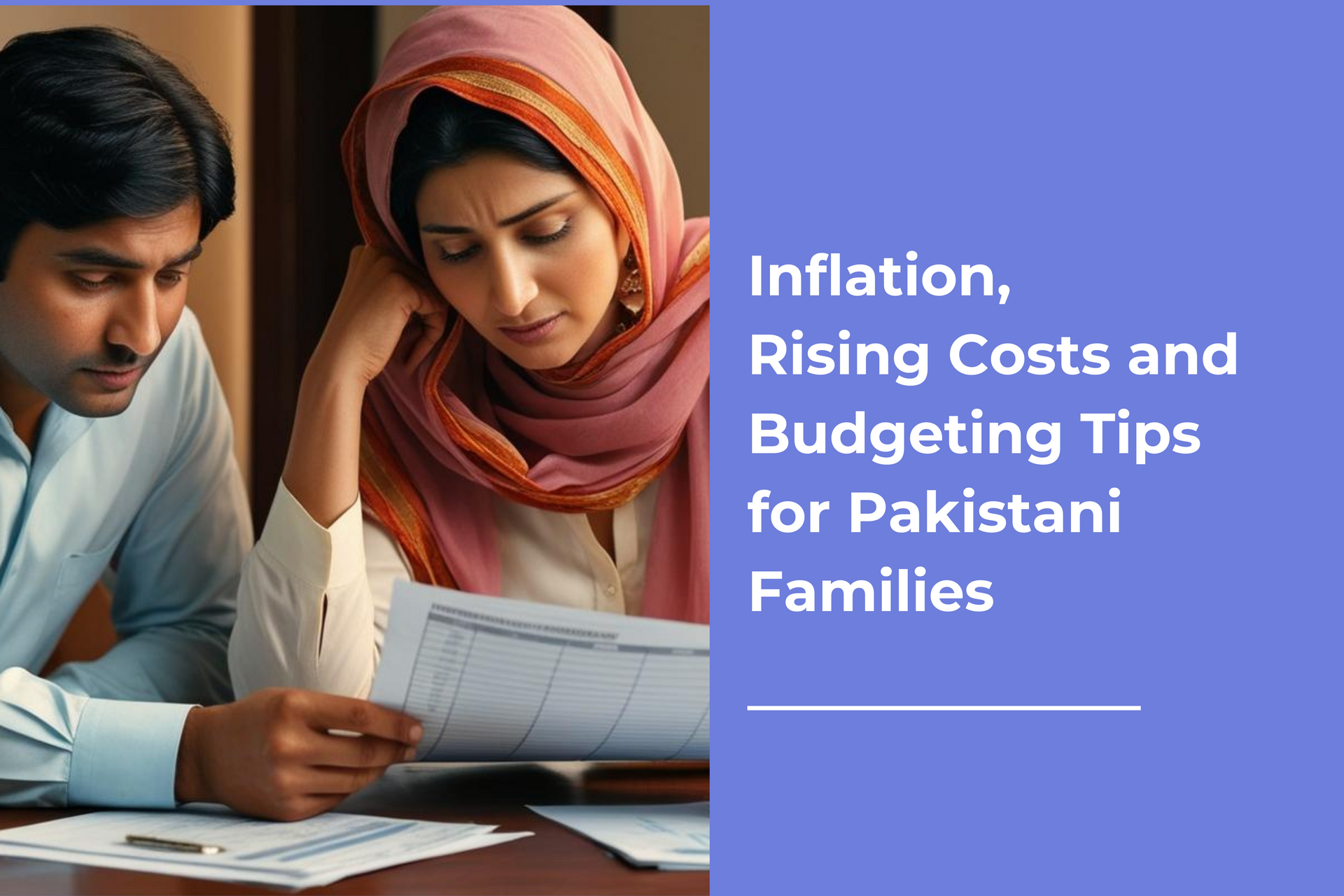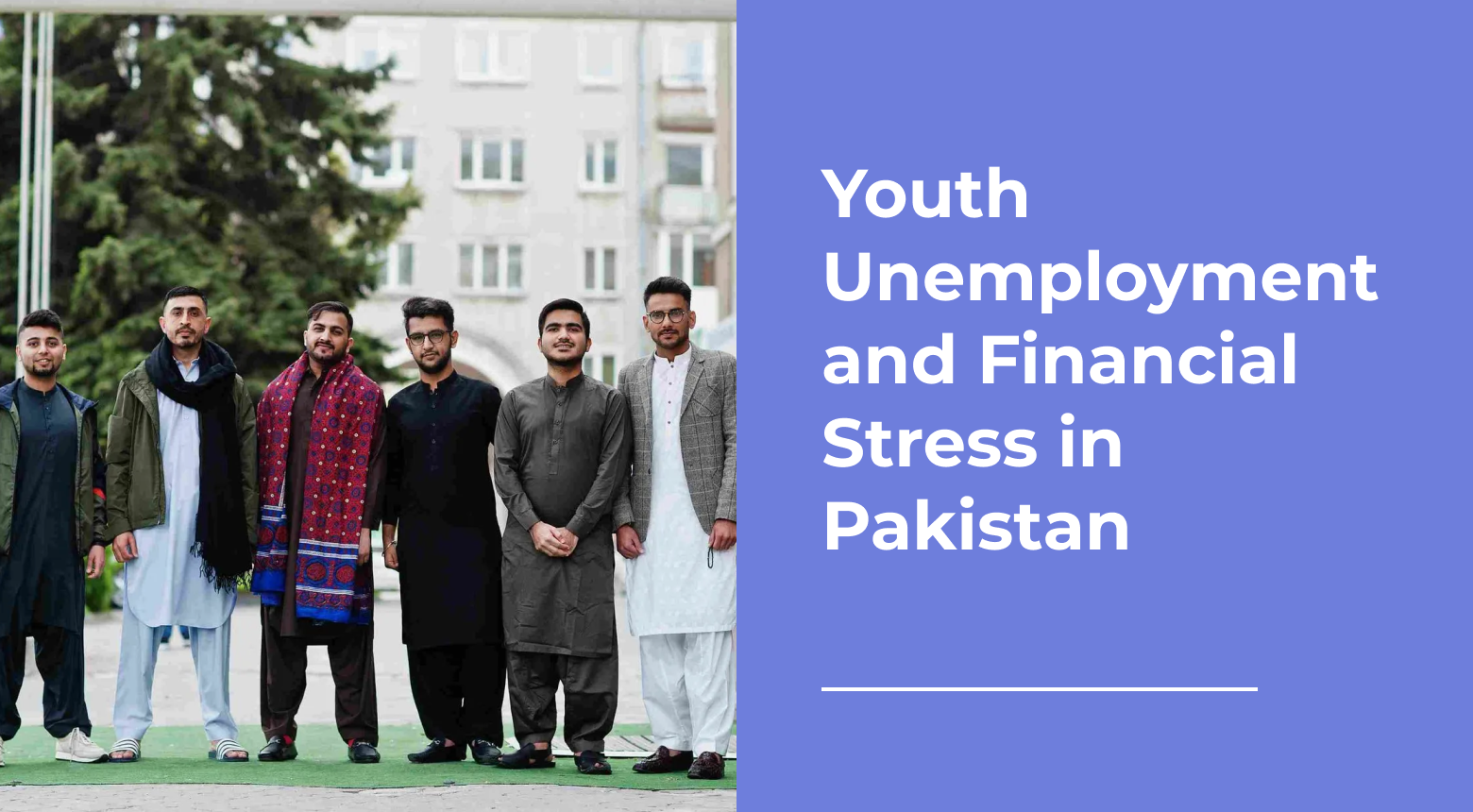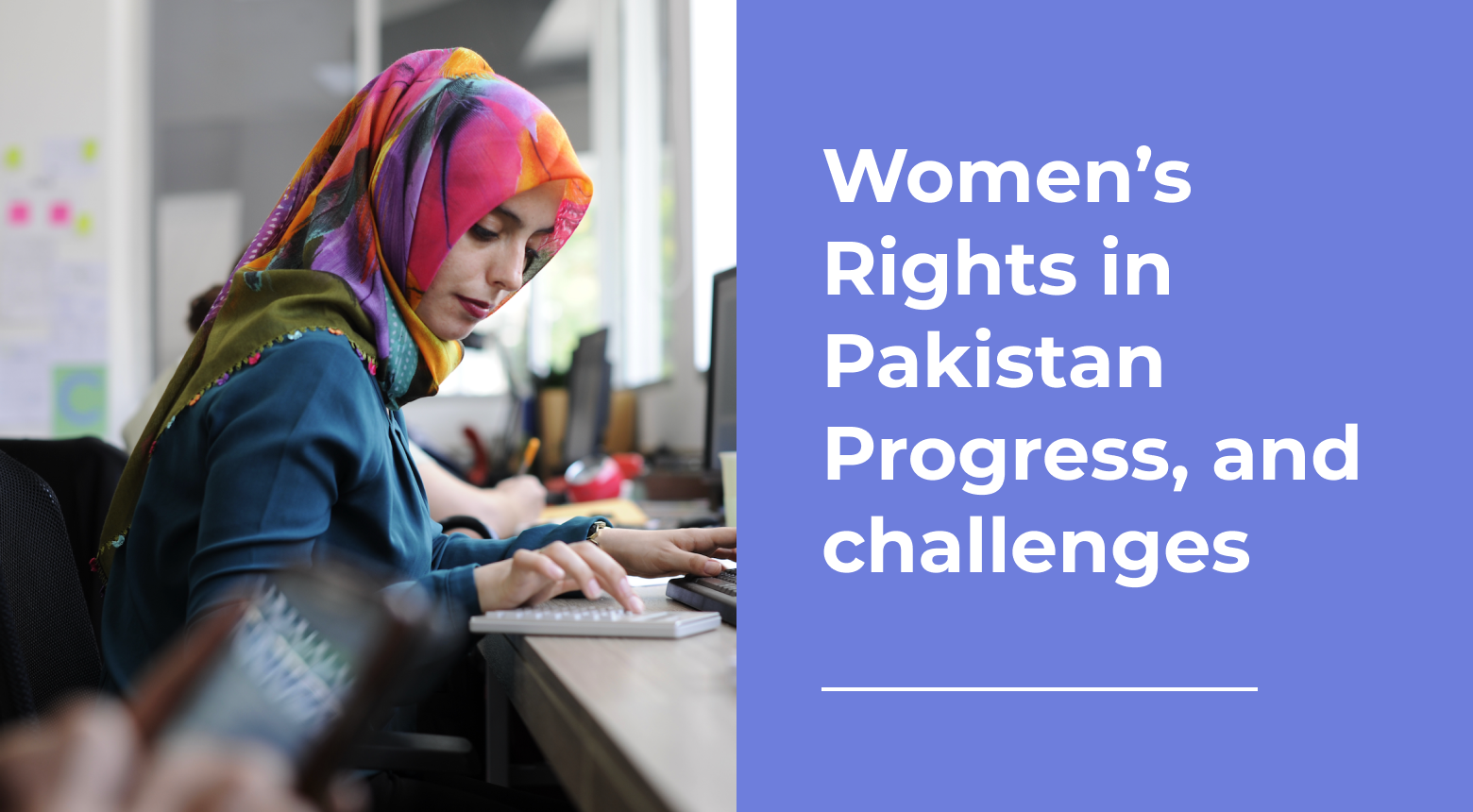

In 2019, a medical student in Karachi took her own life after failing her exams. The overwhelming pressure to pass and meet family expectations was too much for her to handle. A Similar incident happened in 2022, when a student at Peshawar University ended his life due to academic stress and financial problems. Despite being an excellent student, the weight of these struggles led him to feel there was no way out.
These stories highlight a harsh reality: for many students in Pakistan, the pursuit of academic success comes at an unbearable cost. To cope with the rising demands of education, countless families turn to private tutoring, hoping it will provide an edge. But does this growing reliance on private lessons truly help students succeed—or does it amplify the pressure they already face?
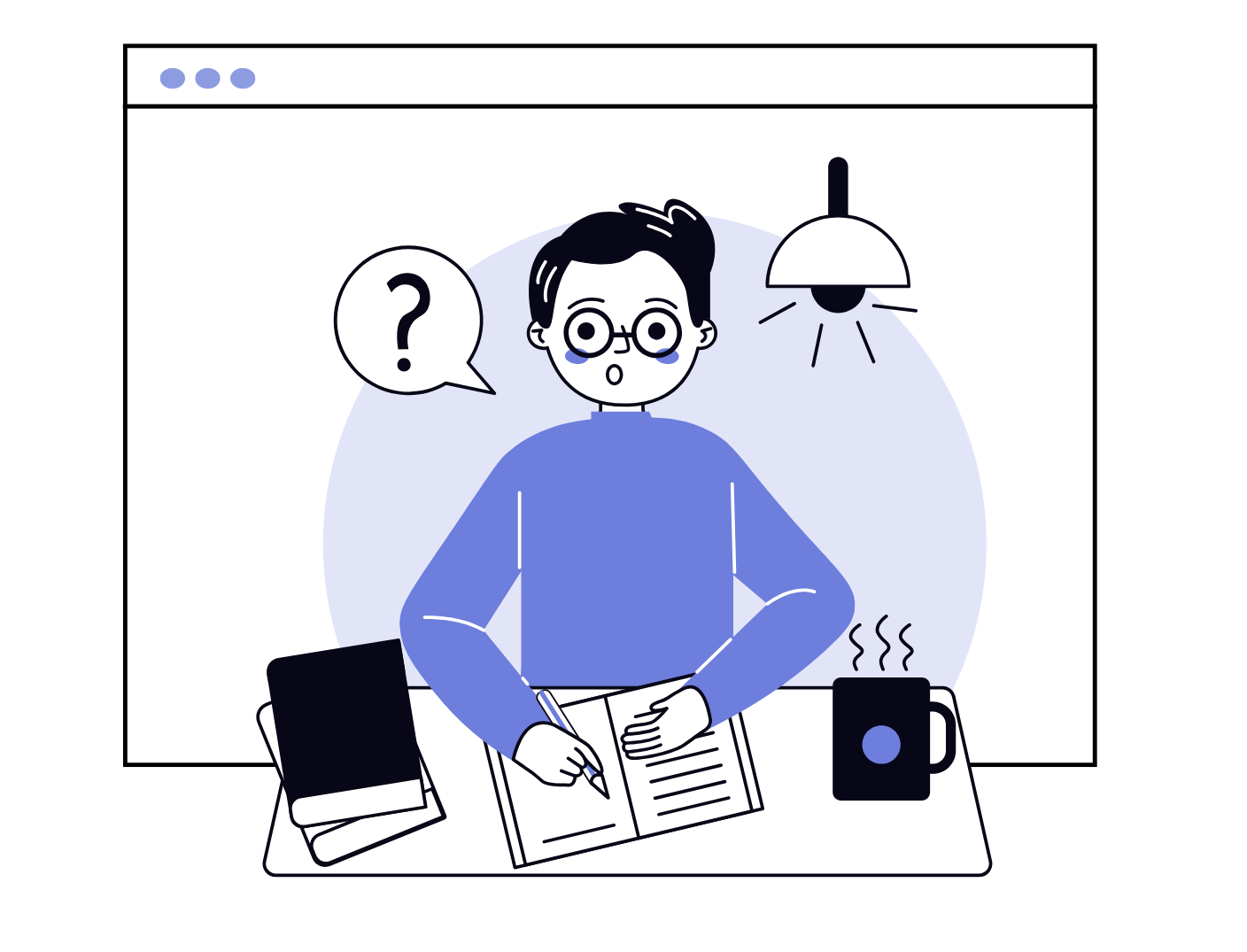
Meanwhile, other nations are tackling similar challenges head-on. In China, the government has introduced regulations to curb private tutoring and alleviate the burden on students and families. This global conversation brings us back to our own struggles. Is private tutoring addressing the flaws in our education system, or is it adding to the stress and inequality?
Let’s explore the realities of private tutoring in Pakistan and its far-reaching effects on students, parents, and the education system.
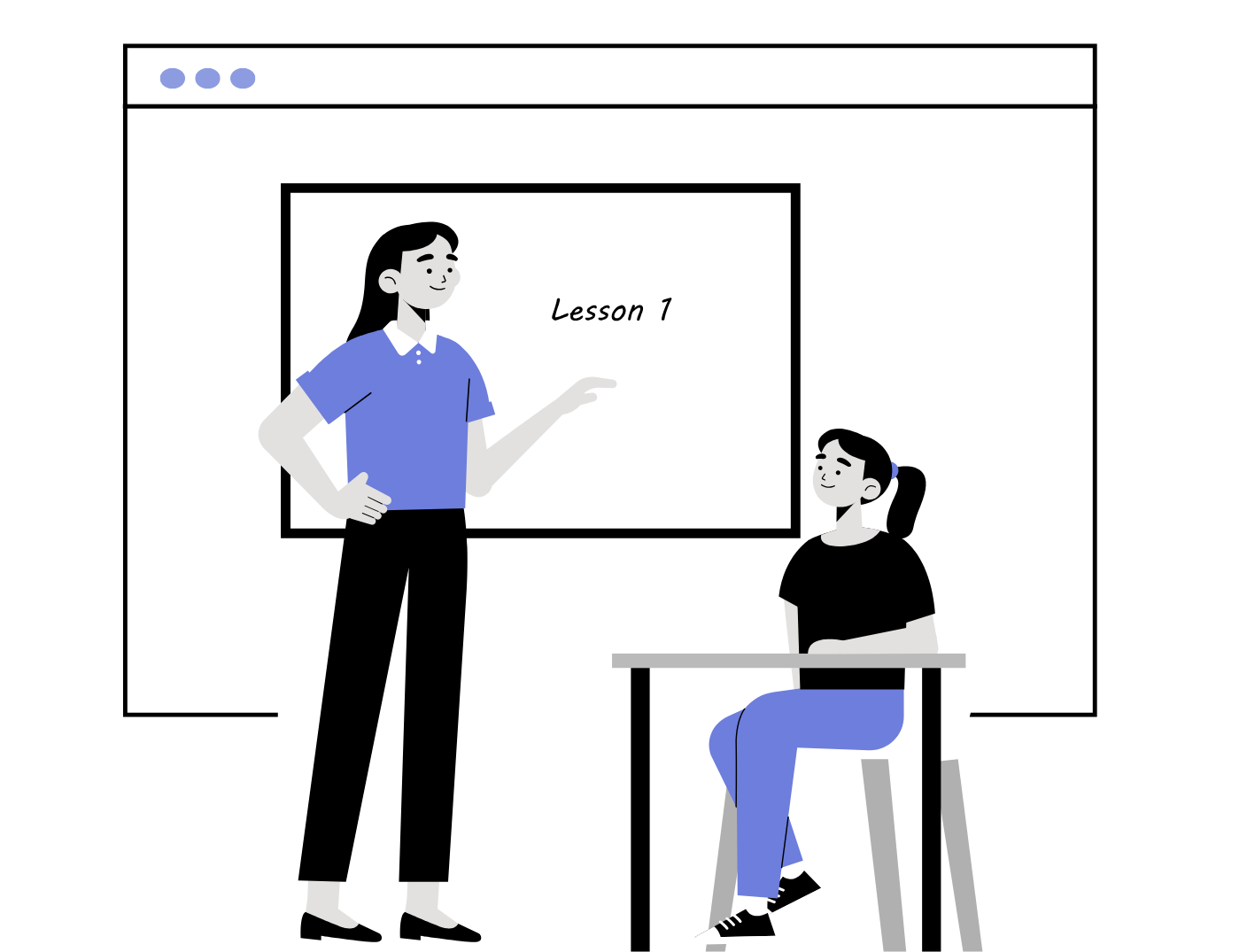
Is Private Tutoring a Curse or a Cure?
Private tutoring has become a common tool in education today, particularly in countries like Pakistan. But is it really a cure for the challenges students face, or does it come with its own drawbacks? The answer is complex—it depends on the perspective.
According to a study by The British Council, nearly 40% of students in Pakistan receive some form of private tutoring
particularly for subjects like mathematics and English. While private tutoring may provide academic support, it can also contribute to inequalities in access and put additional financial strain on families. Let’s explore how private tutoring can both support and challenge the educational system.
Cure
Bridging the Gaps in Formal Education
In Pakistan, the public education system faces major hurdles—overcrowded classrooms, limited resources, and a shortage of qualified teachers. For many students, this means they are left to struggle with concepts that they simply cannot grasp in the traditional classroom setting. This is where private tutoring steps in.
Personalized Support: Tutors provide one-on-one attention, focusing on a student’s specific learning needs. Unlike crowded classrooms where teachers are spread thin, private tutors have the time and resources to offer tailored lessons that address each student’s unique challenges.
Filling Educational Gaps: With an alarming shortage of trained teachers—only 58% of teachers in public schools are properly trained (UNICEF, 2023)—tutoring becomes a critical supplement to ensure students don’t fall behind.

Boosting Academic Performance and Confidence
The competitive nature of Pakistan's education system places immense pressure on students. Excelling in subjects like mathematics, science, and English often requires additional support beyond regular school lessons. Private tutoring plays a vital role in helping students perform better and build confidence.
Targeted Learning for Improved Results
Private tutoring provides tailored sessions that focus on a student’s specific weaknesses, breaking down complex concepts in a way that resonates with them. Research shows that students who receive private tutoring often perform 30% better in subjects like math and science compared to their peers.
In Karachi, 72% of students in the top 10% of board exams had attended private tutoring (Dawn, 2023).
Building Confidence and Mastery:
Private tutoring not only helps students achieve better grades but also promotes confidence and a deeper understanding of the material. A safe, one-on-one learning environment enables students to tackle doubts without judgment, boosting their self-esteem and improving subject mastery. Surveys show that
68% of students feel more confident in exams after tutoring, and 85% report a better understanding of difficult topics (Gallup Pakistan, 2022).
Offering Flexible Learning Options
One of the most appealing aspects of private tutoring today is the flexibility it offers. In a world where students are juggling multiple responsibilities, the ability to tailor learning schedules is crucial.
Learning at Their Own Pace:
Private tutoring gives students the freedom to learn at a pace that suits them, ensuring that they fully understand one concept before moving on to the next. This is especially beneficial for students who need more time to master challenging material.
Access to Online Tutoring:
With the rise of digital platforms, tutoring has become even more accessible. Students in remote areas, or those who have busy schedules, can now learn from the comfort of their homes. Online tutoring grew by 400% during the COVID-19 pandemic in Pakistan (Google Education Trends Report, 2021), offering a convenient and accessible alternative for many. Platforms like Noon Academy and Edkasa saw millions of users in 2022, many of whom came from underserved regions, making high-quality education accessible to a wider audience.
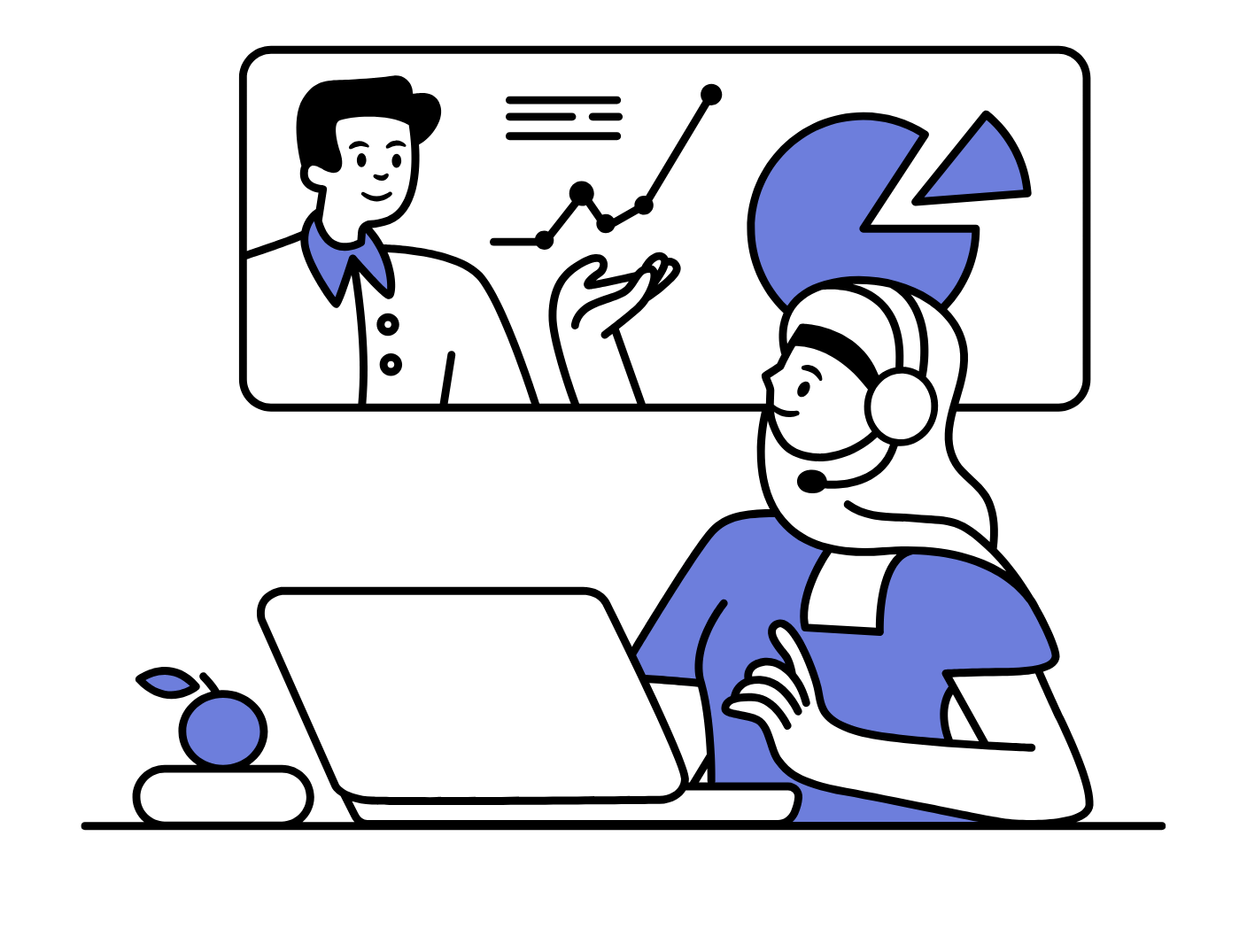
Curse
The Dark Side of Private Tutoring
While private tutoring is hailed as a solution to Pakistan’s educational challenges, its impact is not entirely positive. In fact, when examined closely, it brings to light several serious drawbacks that affect students, families, and the education system itself.
Increases Inequality
Private tutoring has the potential to deepen the already significant divides in Pakistan’s education system.
As tuition fees rise, access to quality learning becomes more of a privilege than a right. For many students, the gap between those who can afford private tutors and those who cannot continues to widen, reinforcing social and educational inequalities
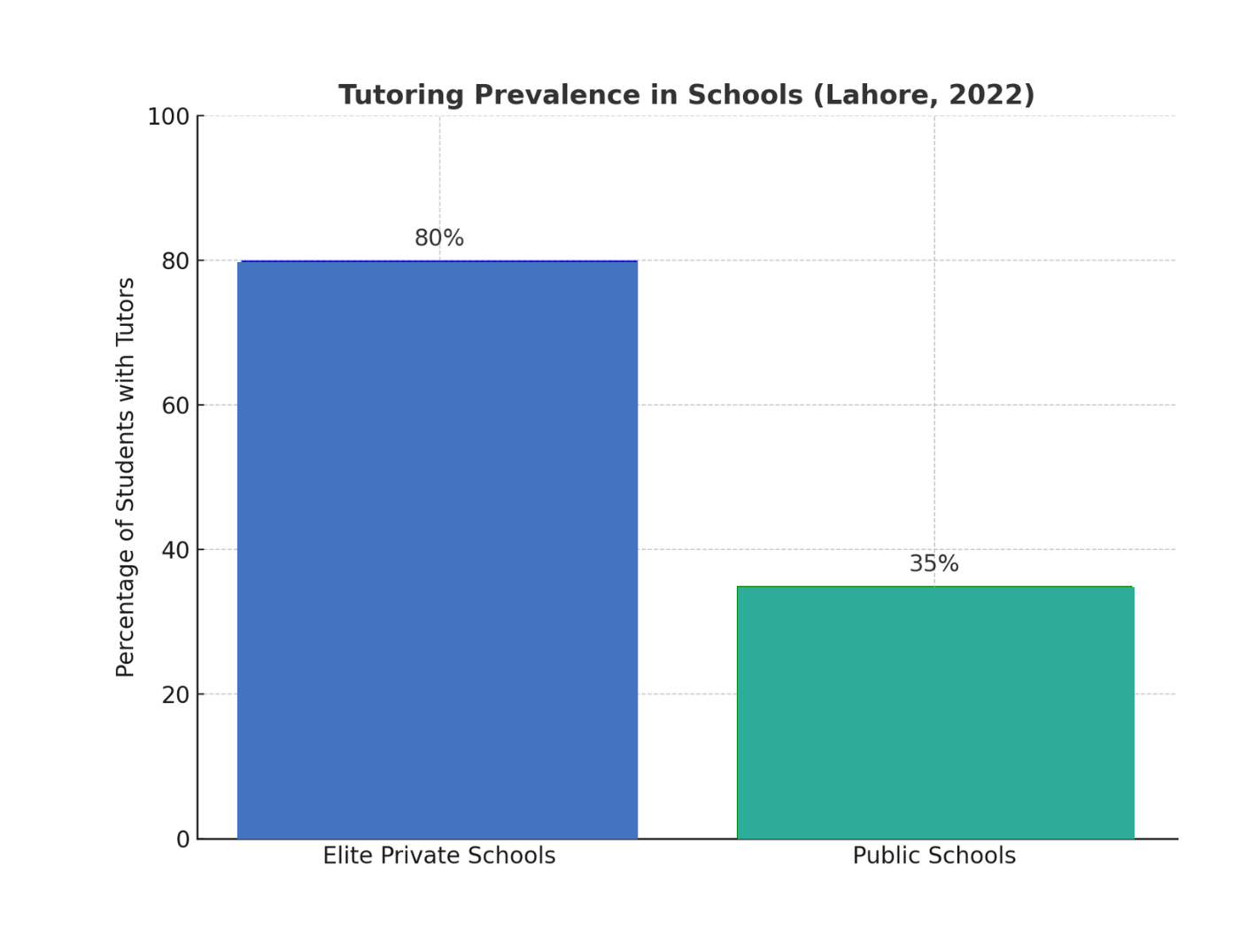
Private tutoring can cost families anywhere from PKR 5,000 to 15,000 per month per subject, a financial commitment that is out of reach for 40% of households living below the poverty line (Pakistan Bureau of Statistics, 2022).
This puts educational support out of reach for millions of students, leaving them without the extra help needed to succeed. For those lucky enough to afford it, however, tutoring becomes the norm, creating a stark divide between the haves and have-nots. For instance, a survey
in Lahore revealed that 80% of students in elite private schools have tutors, compared to just 35% in public schools (Gallup Pakistan, 2022). This stark contrast highlights how the benefits of tutoring are reserved for the wealthy, further entrenching societal inequality.
Promotes Dependency
While tutoring can provide much-needed academic support, it can also foster an unhealthy dependency. Instead of encouraging students to develop independent learning skills, private tutoring often turns into a crutch that students lean on too heavily.
In fact, 45% of students admitted that they did not attempt self-study when they had access to private tutors. This over-reliance on external help can stunt a student’s ability to problem-solve and think critically on their own.
A report by the Aga Khan Foundation revealed that 60% of students rely entirely on tutors for exam preparation, showing how some students have stopped attempting to study on their own altogether. This reliance not only hampers academic growth but also impacts the development of skills that are vital for success in the long run.
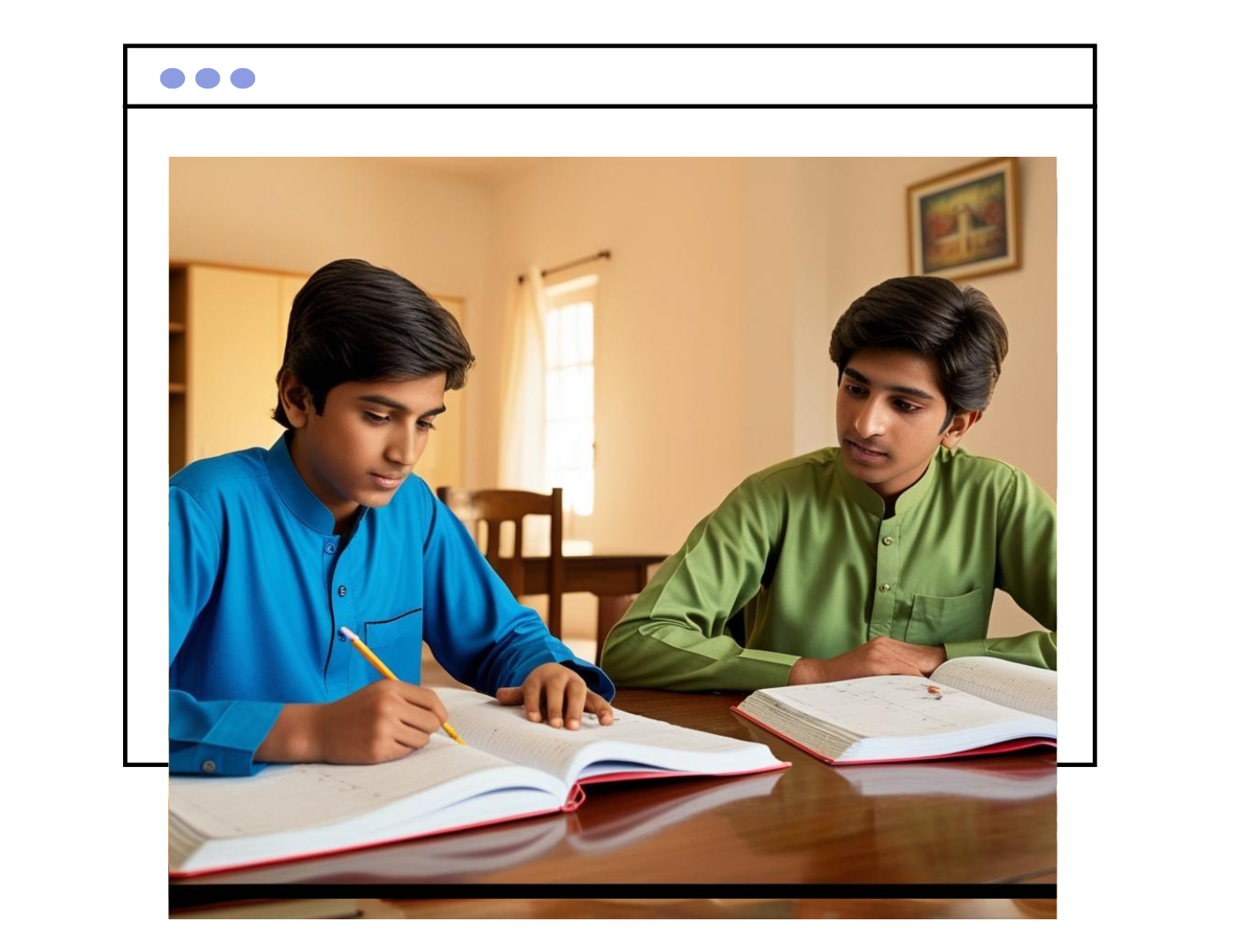
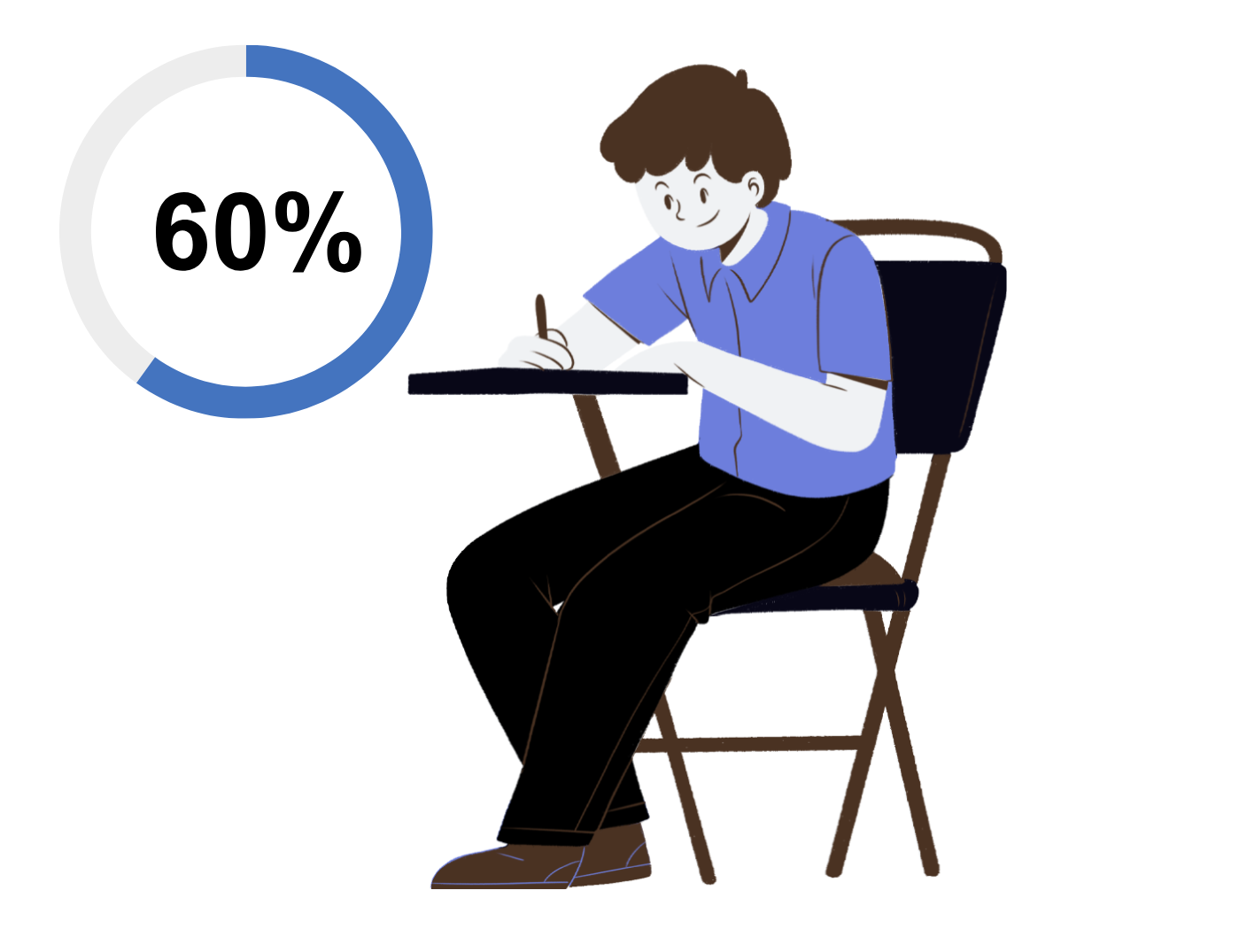
Financial Strain on Families
The financial burden of private tutoring often falls hardest on middle- and low-income families. In urban centers like Karachi and Lahore, private tuition fees can consume as much as 15-20% of a family’s monthly income. For families already struggling to make ends meet, this expense can become overwhelming.
In fact, a study by the British Council found that 60% of educational expenses in low-income households go toward private tutoring (British Council, 2022). This leaves families with fewer resources to spend on other essential needs, such as healthcare, nutrition, or extracurricular activities, creating additional stress and financial hardship.
Encourages Rote Learning Culture
The tutoring industry in Pakistan often prioritizes exam preparation over deep learning, which can limit a student’s ability to think critically or understand concepts in a broader context. Many tutoring centers focus on quick fixes—exam strategies and rote memorization techniques—rather than fostering a true understanding of the material.
A report by UNESCO in 2023 found that 70% of tutoring centers focus primarily on exam preparation rather than conceptual learning.
This approach may help students pass exams but does little to equip
them with the skills needed for future academic or professional success.
In fact, UNICEF (2022) reported that only 22% of students attending private tuition classes showed any improvement in critical thinking skills, revealing that rote learning is often the dominant mode of instruction.
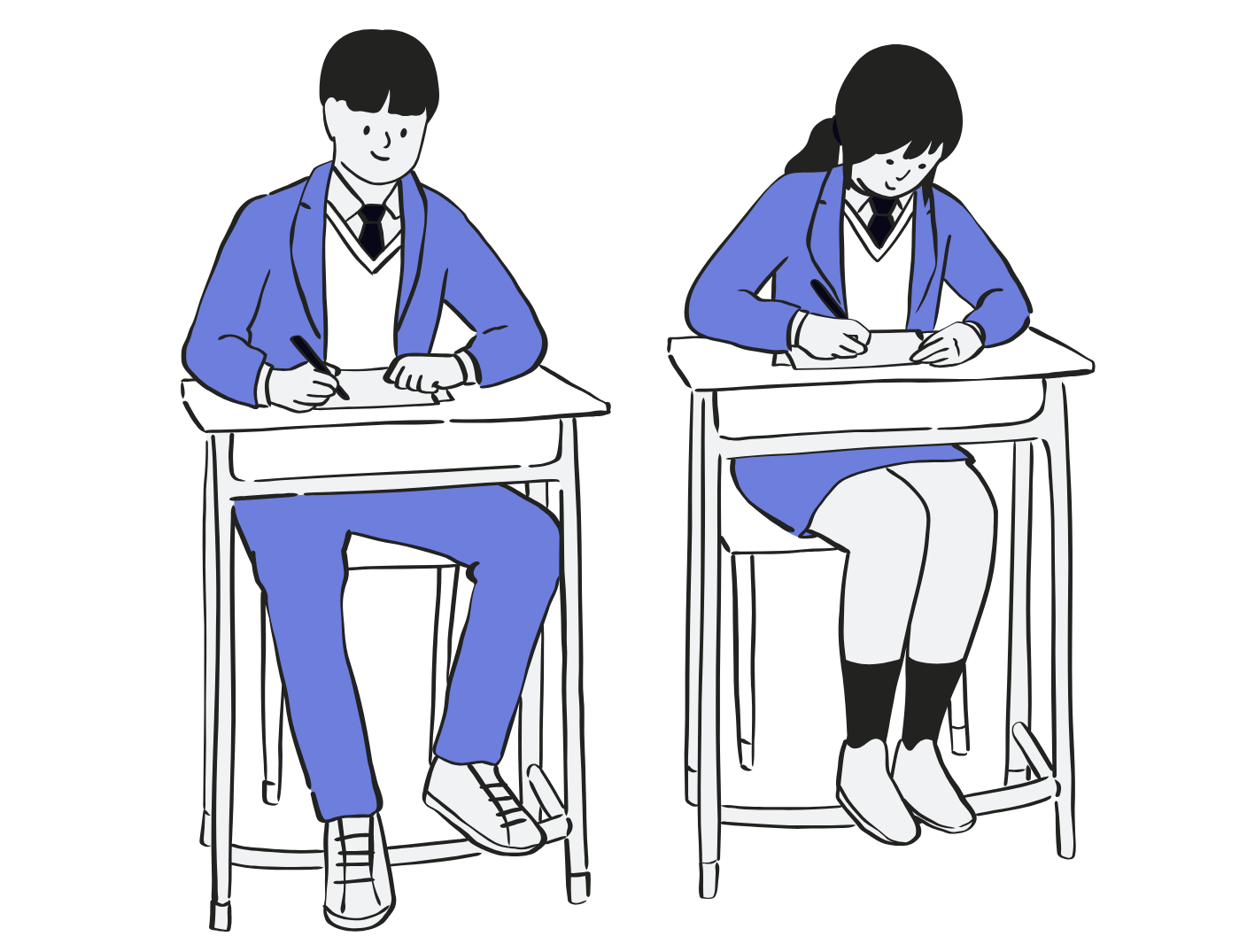
Psychological Stress on Students
The pressure to excel in both regular schoolwork and private tutoring can take a serious toll on students’ mental health. With long hours spent studying for both school exams and tutoring sessions, many students experience burnout, leading to high levels of stress and anxiety.
A troubling 45% of students attending tutoring centers report feeling overwhelmed by the demands of their academic schedules. The pressure to keep up with both schoolwork and additional lessons can lead to mental fatigue, leaving little room for rest or personal development.
According to the World Health Organization (2022), 15% of adolescents in Pakistan suffer from anxiety, with academic pressure being a key factor in their distress. This constant cycle of studying and testing without sufficient time for relaxation can lead to long-term mental health issues, potentially affecting a student’s overall well-being.
Erosion of School Standards
Ironically, the widespread use of private tutoring might actually reduce the motivation for schools to improve their own teaching standards. If students can rely on tutors to fill the gaps, schools may feel less inclined to address deficiencies in their own classrooms.
A survey of 200 public school teachers revealed that 40% of them depend on tutoring as a secondary income, which means they may prioritize their tutoring work over their school duties. This undermines the quality of education within public schools and perpetuates a system where schools are not incentivized to improve.
Gallup Pakistan (2022) found that students in private schools are twice as likely to need tutoring compared to their peers in government schools, further suggesting that the availability of tutoring has led to a decrease in the perceived importance of improving school-level education.
Solutions for Private Tutoring
While private tutoring can be beneficial, it’s crucial to address the underlying educational issues that lead to its overuse. Here are some solutions:
Strengthen the Public Education System
Teacher Training: Regular professional development can enhance teaching quality, reducing the need for extra tutoring.
Classroom Sizes: Smaller classes allow for more individualized attention, helping students thrive without needing additional tutoring.
Modern Curriculum: Moving from rote memorization to critical thinking can reduce dependence on tutors.
Encourage Self-Learning and Study Skills
Study Skills: Programs that teach time management and self-study techniques will empower students to learn independently.
Peer Tutoring: Peer-to-peer tutoring offers an affordable alternative to private tutoring and builds collaborative learning.
Address Psychological Stress
Mental Health Support: Schools should offer counseling services and programs to help students manage academic pressures.
Extracurricular Activities: Encouraging students to participate in sports or creative pursuits can offer a balance to academic stress.

Private tutoring in Pakistan undoubtedly serves as a double-edged sword. On one hand, it offers critical academic support, filling gaps in an often underfunded and overcrowded education system. On the other hand, it can exacerbate inequalities, foster dependency, and contribute to the overwhelming pressure faced by students.
By strengthening the public education system, fostering independent learning, and promoting holistic student development, we can ensure that private tutoring remains a valuable tool for those who need it while preventing it from becoming an educational burden for
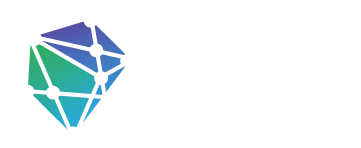
Need Help?
🏠︎ Dolmen Executive Towers, Level 7
Clifton Block 4, Karachi, Pakistan
Postal Code 75600




